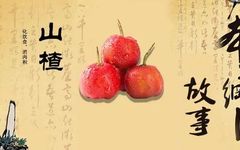 Mei Quanxi Column
Mei Quanxi Column
Ben
Cao
Gang
Mu


Volume 30 of Fruits
The Story of Hawthorn and Its Digestive Benefits

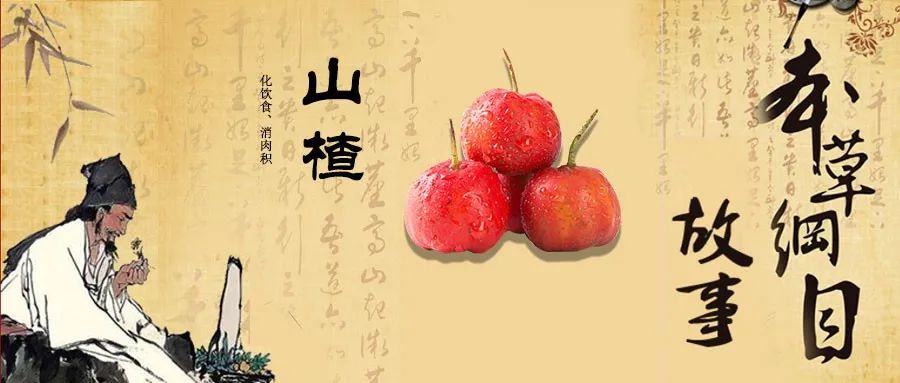
A child from a neighboring family suffered from food stagnation and abdominal distension. One day, while resting under a tree, he ate to his fill from the wild fruits and subsequently vomited a large amount of phlegm and water, leading to his recovery. The wild fruit was a type of hawthorn, which is similar to the medicinal hawthorn, thus its efficacy should be the same.
1
The Story of Hawthorn and Its Digestive Benefits


Regarding the digestive benefits of hawthorn, Li Shizhen recounted a personal experience in the “Compendium of Materia Medica”: A family living next to Li Shizhen had a child born late in their life, whom they spoiled with excessive fish and meat, leading to food stagnation and damage to the spleen and stomach. The child suffered from abdominal distension, pain, and jaundice, and despite multiple treatments by Li Shizhen, there was no significant improvement. One day, while returning home with his mother, the child discovered a wild fruit grove and ate to his heart’s content. Upon returning home, he vomited a large amount of undigested food, and his condition improved. Li Shizhen was curious and went with the child to the grove, discovering that the wild fruit was indeed hawthorn, explaining the child’s recovery.
2
The Origin of the Name Hawthorn


Hawthorn (Shan Zha) is the fruit of the Rosaceae family, including Crataegus pinnatifida and Crataegus cuneata, found in most regions of China. The former two are primarily produced in the north, while the latter is found in the south, hence the former are commonly referred to as “Northern Hawthorn” and the latter as “Southern Hawthorn”. Hawthorn has long been regarded as a primary medicinal herb for digestion. According to the “Compendium of Materia Medica”, hawthorn has the effects of “transforming food and drink, digesting meat accumulation… alleviating phlegm and fullness, and relieving blood stasis and pain”. Clinically, hawthorn is believed to strengthen digestion, promote the spleen, and disperse blood stasis. It is used to treat meat stagnation, abdominal fullness, diarrhea, abdominal pain, blood stasis, postpartum stasis, heart pain, hernia pain, and hyperlipidemia with good efficacy.
3
Pharmacological Effects


Modern pharmacological studies have shown that hawthorn indeed aids digestion. Notably, hawthorn has various effects on the cardiovascular system, including positive inotropic effects, anti-arrhythmic effects, increased coronary blood flow, anti-myocardial ischemia, inhibition of platelet aggregation, vasodilation, blood pressure reduction, and lipid-lowering effects. Additionally, it promotes immune function, lowers blood sugar, and exhibits antioxidant, antibacterial, and anti-cancer properties.
Hawthorn is also an edible fruit, rich in vitamins and organic acids, containing 890 mg of vitamin C per kilogram of fruit, ranking third among fruits, and 8.2 mg of carotene, ranking second. It has the highest calcium and vitamin B content among fruits, and also contains sugars, proteins, and fats. Besides consuming fresh fruit, hawthorn can be made into candied fruit or hawthorn candy, providing rich nutritional value and digestive benefits, making it a dual-purpose food and medicine.
4
Folk Remedies


There are many effective recipes for using hawthorn to aid digestion.
1
Treatment for All Food Accumulation
Use 120 grams of hawthorn and Bai Zhu (White Atractylodes), and 60 grams of Shen Qu (Malt), grind into fine powder, and form into pills with water, taking 9 grams each time.
2
Treatment for Indigestion of Meat
Use 120 grams of hawthorn flesh, decoct in water to make a drink.
3
Treatment for Indigestion and Diarrhea
Use 12 grams each of fried hawthorn, fried malt, and Plantago seeds, decoct in water to take.
4
Treatment for Coronary Heart Disease, Angina, Hyperlipidemia, and Atherosclerosis
Hawthorn decoction, coarse powder, and products made from hawthorn can be used to treat hyperlipidemia. Additionally, fresh hawthorn slices can be dried and soaked in water as tea, taken several times a day for over three months. In a study of 31 cases of hyperlipidemia, 11 showed significant improvement, 9 effective, and 3 ineffective, with a total effective rate of 87%.
5
Treatment for Hypertension
Use hawthorn syrup to treat hypertension, which not only lowers blood pressure but also enhances appetite and promotes sleep.
6
Treatment for Hyperlipidemia, Simple Obesity, Coronary Heart Disease, and Hypertension
Use Guanxin Ning tablets (each tablet contains 3.1 grams of hawthorn) at 5 tablets each time, or Mai An powder (each bag 20 grams equivalent to 15 grams of hawthorn and malt) once a day, or Hawthorn Essence tablets (each tablet contains 0.06 grams of hawthorn extract) at 1-2 tablets, three times a day.
7
Lowering Serum Cholesterol
Use 30 grams of hawthorn and 60 grams of Mao Dong Qing (Ilex), decoct in water twice a day. In a study of 20 cases of high serum cholesterol, the average cholesterol level decreased by 46.2 mg%, showing significant effects.
8
Treatment for Bacterial Dysentery
Use 120 grams of charred hawthorn, decoct in water, once daily. In a study of 24 cases of bacterial dysentery, 23 were cured, and 1 improved, with a total effective rate of 100%.
9
Treatment for Various Cardiovascular Diseases
The Fujian Sanming Pharmaceutical Factory uses hawthorn as a raw material, employing modern scientific techniques to extract its active components to produce Hawthorn Essence tablets, which are effective in treating and preventing various cardiovascular diseases, especially hyperlipidemia associated with hypertension and coronary heart disease.
The product is not only popular domestically but has also passed FDA certification in the United States, entering the American market. This demonstrates the efficacy of hawthorn in treating cardiovascular diseases.
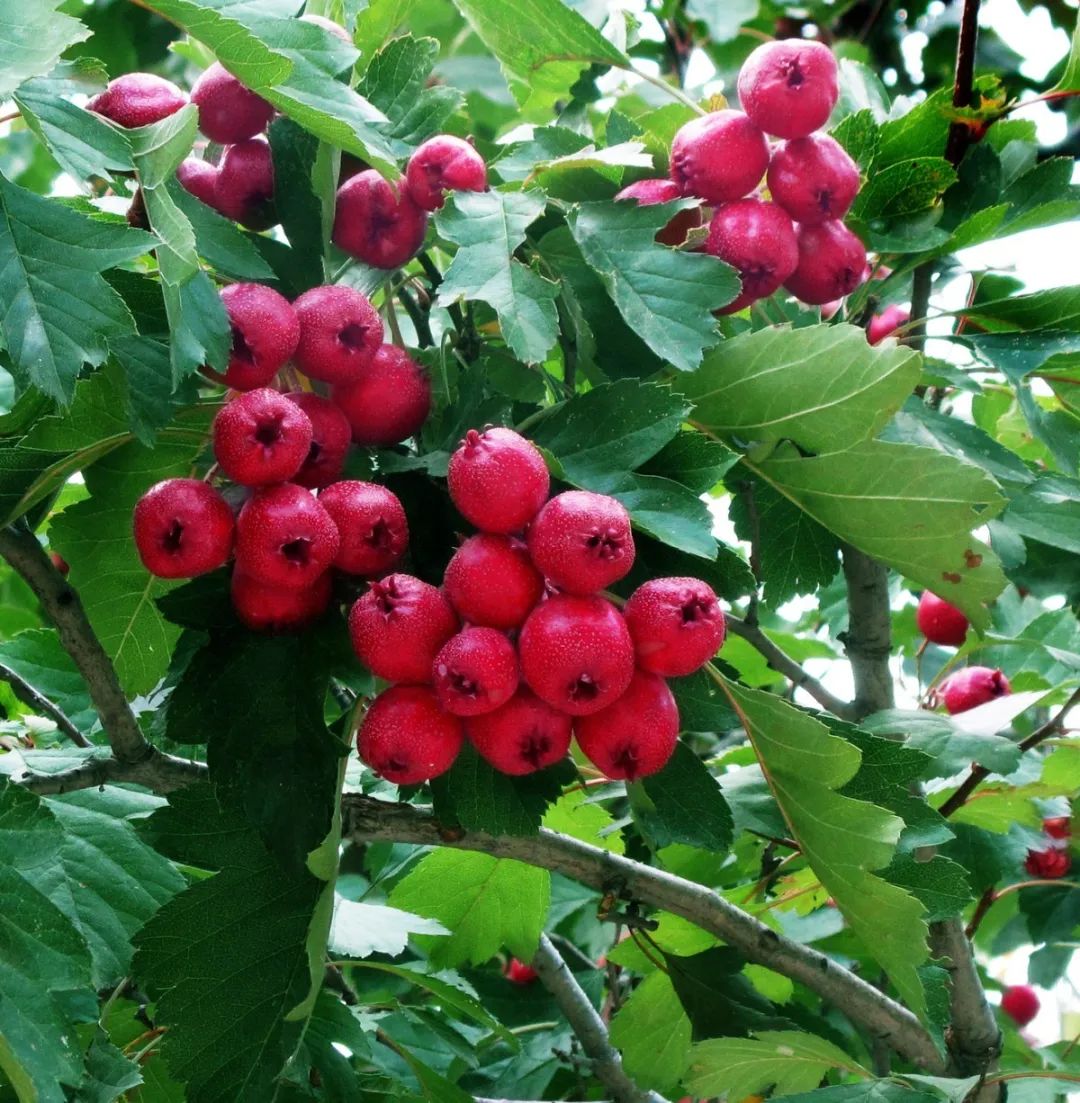
Hawthorn Plant Image
Traditional Chinese Medicine Image



Usage Precautions

Those with weak spleen and stomach should use caution. According to the “Dietary Guidelines of Suixi Ju”, hawthorn “excessive consumption depletes qi, damages teeth, causes hunger, and should be avoided by those with empty stomachs or weakness, or after illness”. There have also been reports of intestinal obstruction and gastric stones in patients who have undergone gastric resection after consuming hawthorn.

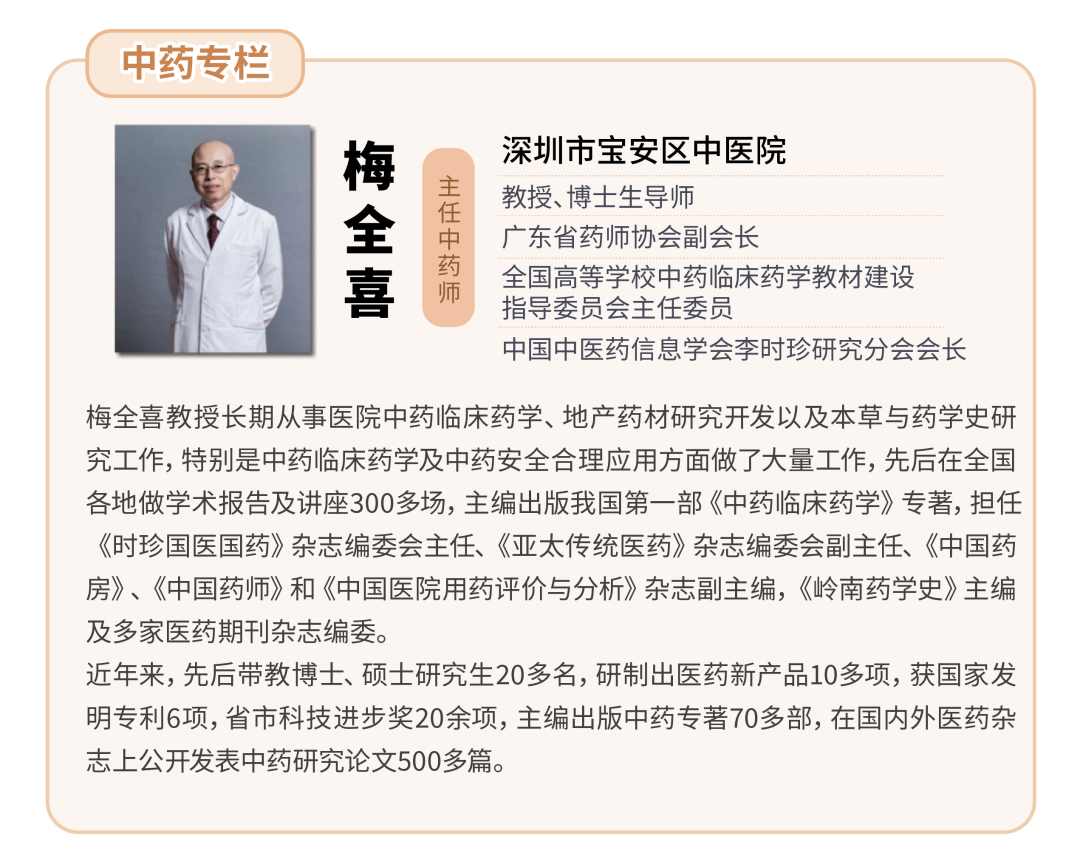
We welcome everyone to leave comments below, sharing insights gained from the story of traditional Chinese medicine.
References: “Traditional Chinese Medicine Industry Report”, 1998-5-13 (3)

